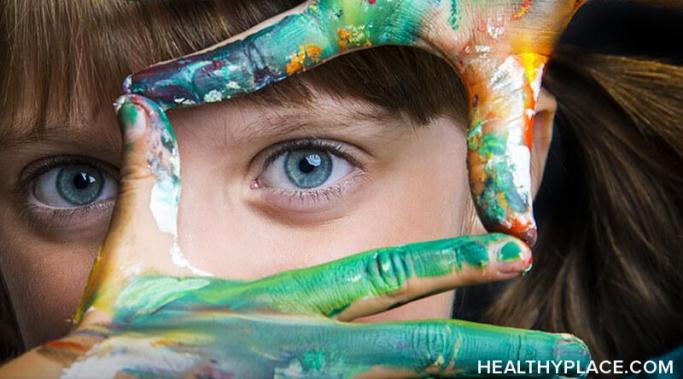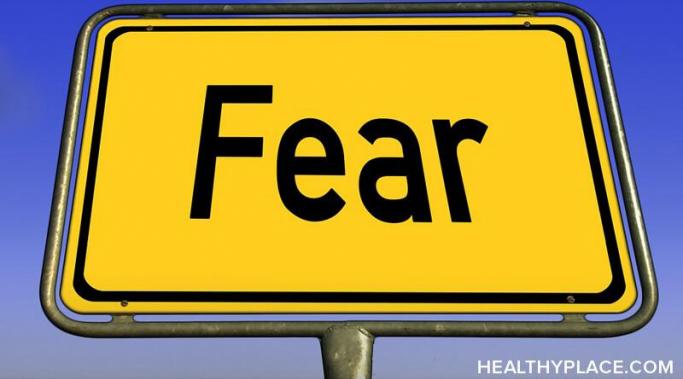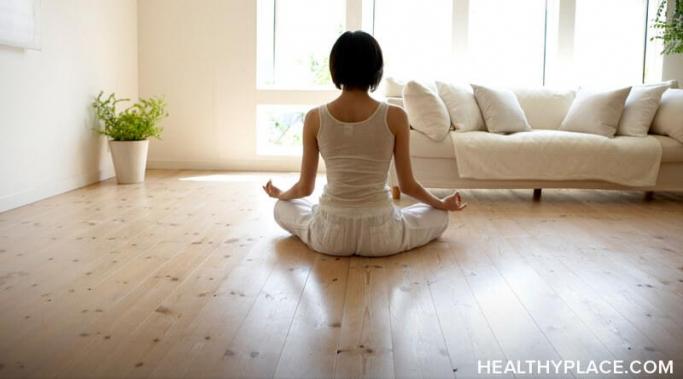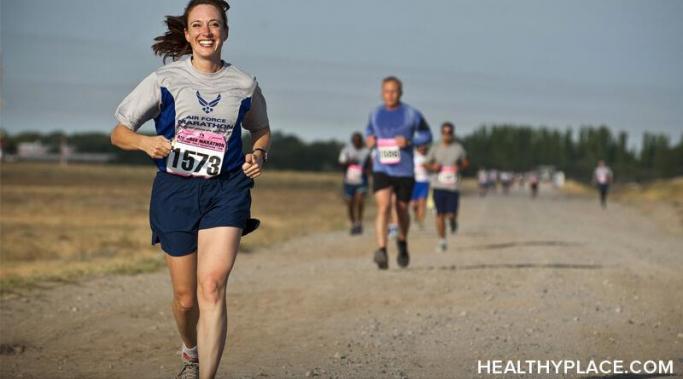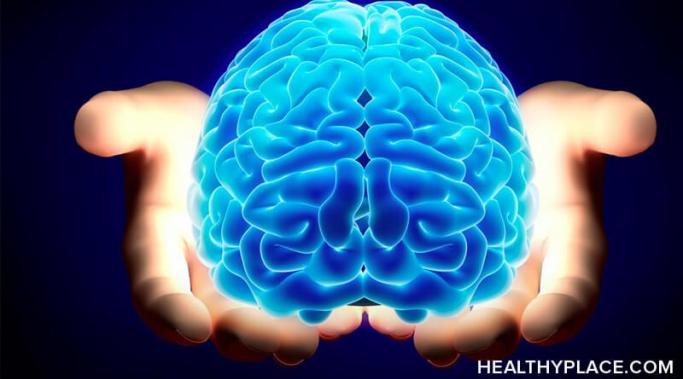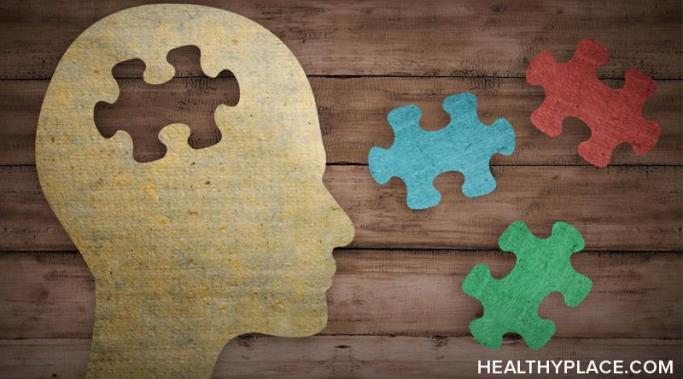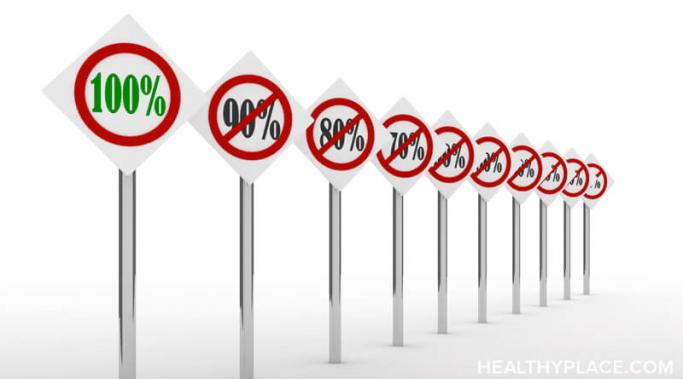Remaining calm in the chaos of today's fast-paced world can sometimes seem like an uphill struggle. Chaos is ever-present in the news, from global crises and natural disasters to political upheaval and economic instability. This chaos can seep into our daily lives, leaving us uncertain about the future. Not surprisingly, it's easy to get caught up in the whirlwind of chaotic events and lose our sense of inner calm, but you can be calm even in chaos.
Motivation - Living a Blissful Life
Today, individualism is more challenging than ever. This week, I've been thinking a lot about The Fountainhead, a novel by Ayn Rand, the Russian-born American writer and thinker who's been largely slimed by 21st-century progressives for her conservative political philosophy. The Fountainhead, however, deals not with politics but with self-hood and being an individual.
Fear is an emotion I used to view in a negative light. However, understanding how fear influences my emotional state has helped me to harness its power and use it to my advantage. In certain situations, overcoming fear helps me achieve my goals, contributing to feelings of accomplishment, happiness, and a more vibrant life experience.
Creating a peaceful and blissful home environment that promotes wellbeing and happiness is essential to living a blissful life. A harmonious home should provide a comfortable living space that promotes relaxation, revitalization, and joy. Here are some tips and ideas to help you cultivate a calm and pleasant living environment in your home where you can experience and enjoy daily bliss.
Dopamine and setting goals are links, and so are important in depression. In spite of what the popular "treat yourself" culture would have you believe, when it comes to battling depressive swings, setting goals and striving towards them remains tried and true. When we're feeling blue, self-care and self-compassion are important, but face masks and chocolate will only get us so far. If you're stuck in a rut, it's possible that what you need isn't less responsibility but more.
Maintaining and improving your cognitive skills, or the ability to use your brain, is an integral part of living happily into old age. Your cognitive skills allow you to think, reason, and process information. Small changes in your daily routine can strengthen these abilities, boosting your brainpower, mood, overall wellbeing, and emotional state.
In a perfect world, it would be nice to avoid adversity altogether, but unfortunately, everybody has to face unfavorable circumstances at some point. However, dwelling on adversity only leads to dismay, and focusing on the potential positive outcomes in any situation is much more likely to work in your favor.
Do you have any negative beliefs (those which usually deliver an unwanted outcome)? Have you ever thought about why you believe some things and not others? Did you learn them at school, or are they the result of your experiences? Do your thoughts and ideas create positive or negative outcomes? It's worth taking the time to look at your beliefs, as they make up a fundamental part of your ability to experience happiness and have a powerful influence over your life, and replacing negative beliefs can be beneficial.
I remember visiting my therapist when I was learning to cope with obsessive-compulsive disorder (OCD), and one of the things he said was, "Mr. Brocklebank, you have set yourself a very high bar." Of course, I knew this already. I have been painstaking and particular about everything I do for as long as I can remember—what some might call a perfectionist. But is perfection something you should try to achieve, or can you be happier without it? As a perfectionist, can you ever meet the uncompromising standards you set for yourself? Should perfectionism ever be a goal?
Taking risks has a bad reputation. We advise people against decisions that seem "risky," warn children away from capers that might result in injury, and, as a general rule of thumb, seek certainty at all costs. On the surface, this ethos makes perfect sense. Why take risks when the odds are against you? After all, that's what risk is: a poor probability or an unlikely shot.

